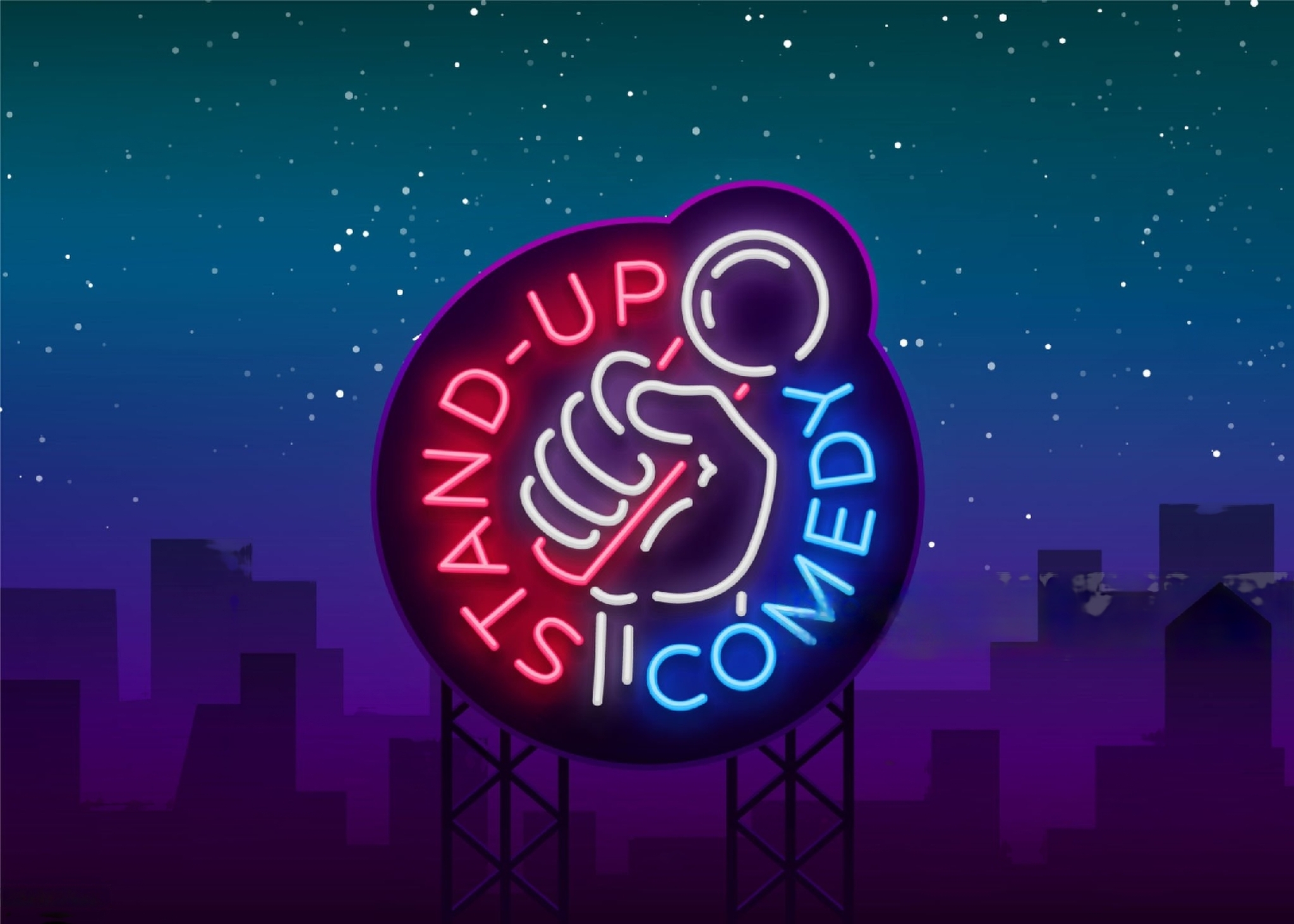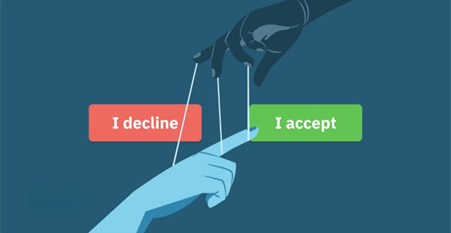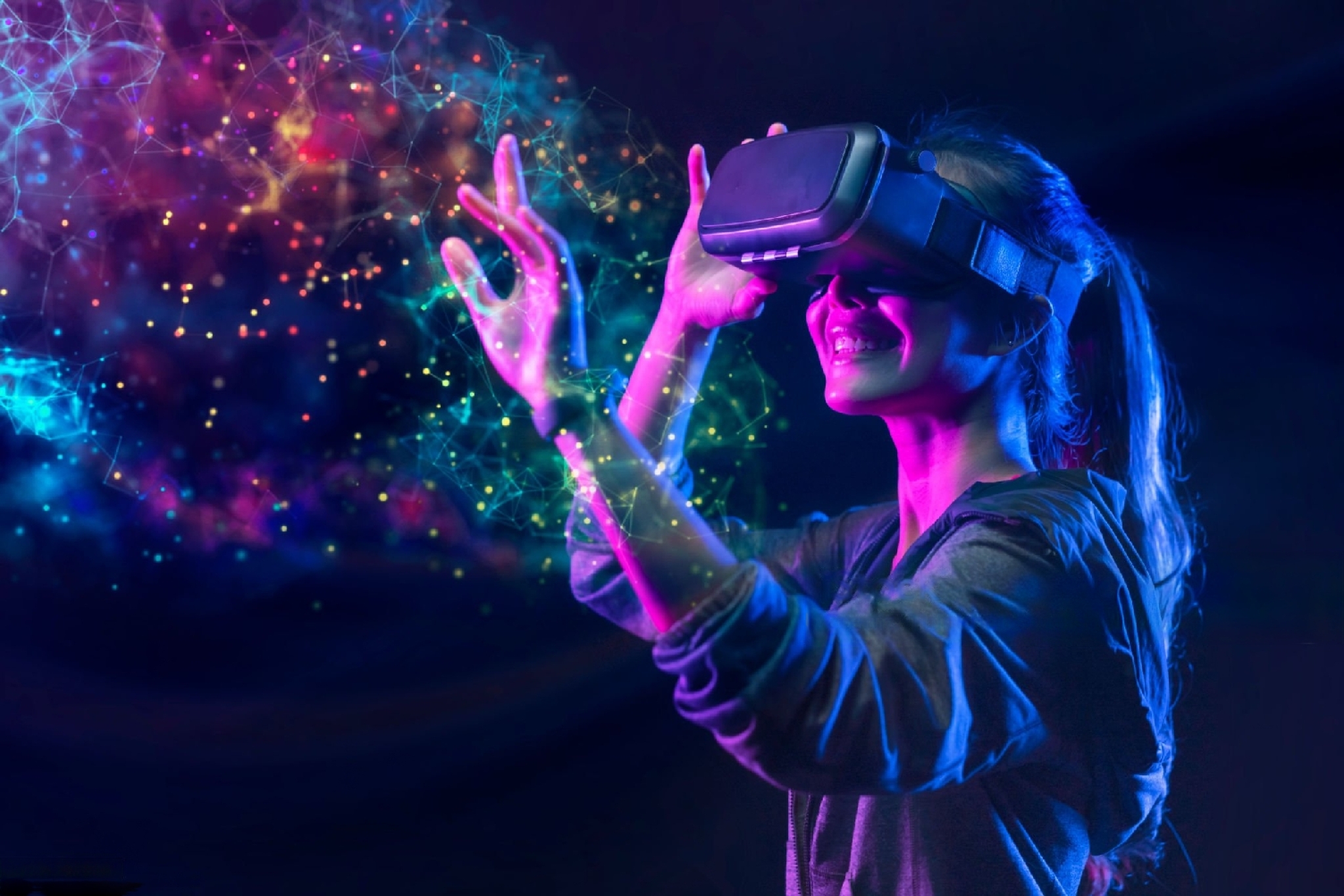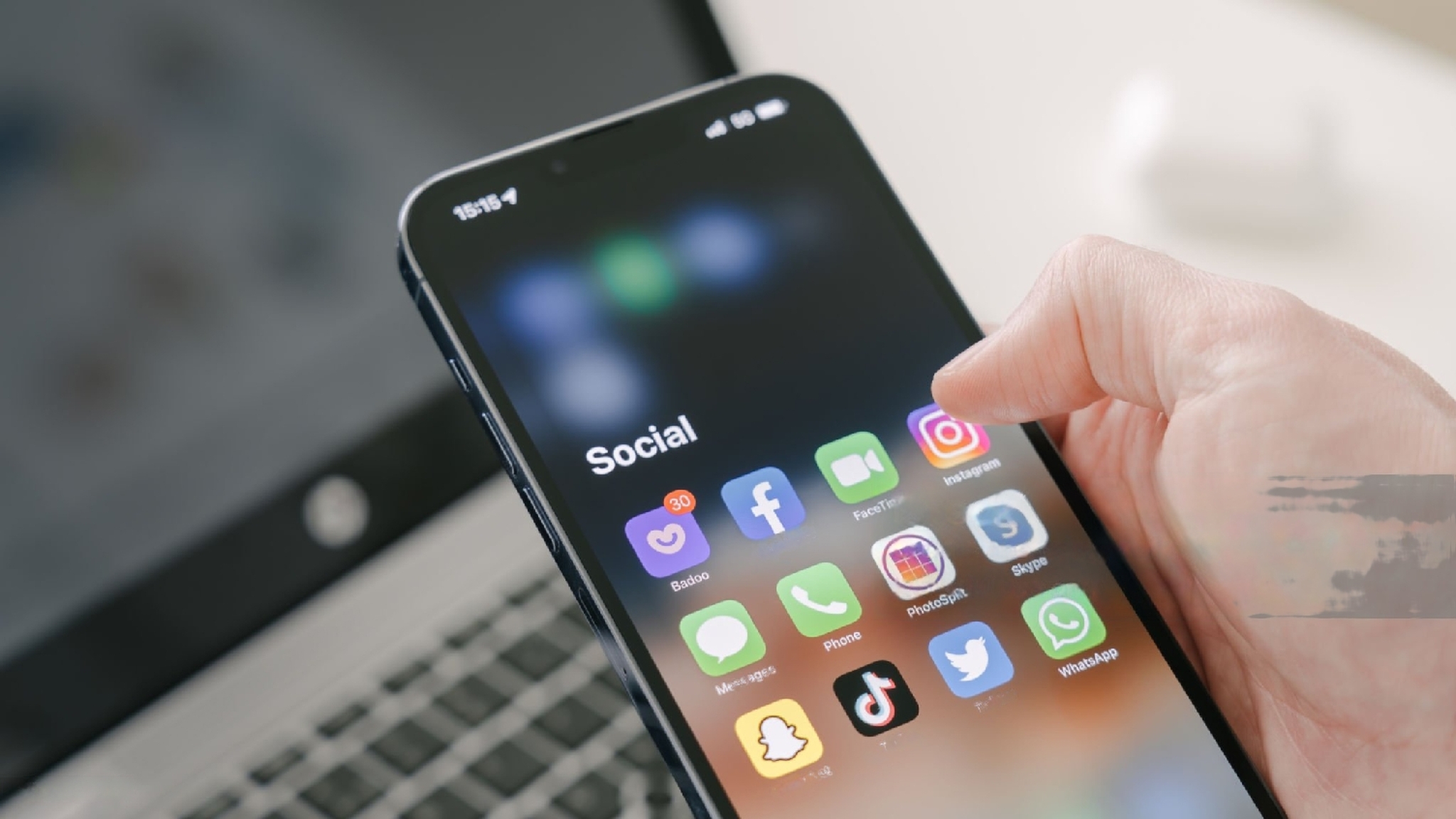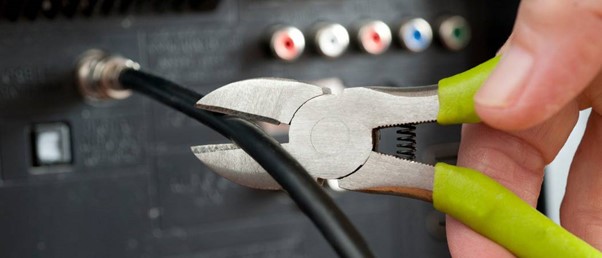Social media has revolutionized the way we consume and create entertainment. In the past, people were limited to consuming entertainment content that was curated by traditional media companies, such as TV networks and movie studios. But today, social media gives people the power to discover and share entertainment content from all over the world, and even create their own content.
Social media is having a profound impact on the future of entertainment. Here are just a few of the ways that social media is changing the way we experience entertainment:
Discovery
Social media platforms are now a major way for people to discover new entertainment content. Algorithms on platforms like TikTok, YouTube, and Instagram recommend content to users based on their interests, making it easier to find new TV shows, movies, music, and video games to enjoy.
For example, a study by Nielsen found that 61% of people have discovered new TV shows to watch through social media. A study by Spotify found that 59% of people have discovered new music to listen to through social media.
Recommended Reading: Streaming Shift: From Cable to Digital Entertainment
Sharing
Social media makes it easy to share favourite entertainment content with friends and followers, promoting new content and building excitement for upcoming releases. For example, a popular TikTok video about a new TV show can lead to a surge in viewership.
A study by Twitter found that 78% of people have tweeted about a TV show they are watching, and 63% of people have tweeted about a movie they have seen.
Engagement
Social media allows viewers to engage with their favourite entertainment content and creators in new ways. For example, viewers can live-tweet their thoughts on a TV show as it airs, or participate in Q&A sessions with their favourite musicians. This has created a more immersive and interactive entertainment experience.
A study by Nielsen found that 68% of people have used social media to discuss a TV show they are watching, and 62% of people have used social media to discuss a movie they have seen.
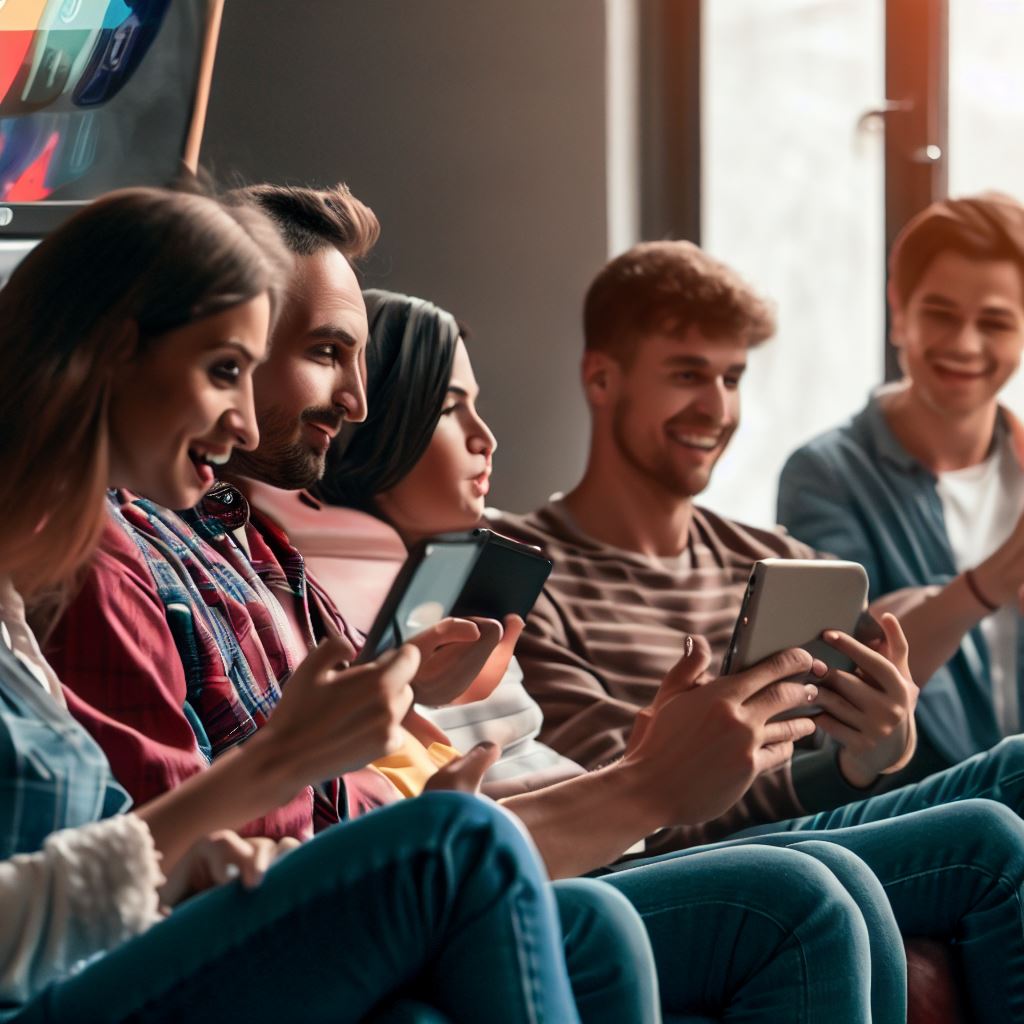
Creation
Social media has democratized the entertainment industry by making it easier for anyone to create and share their own content. This has led to the rise of a new generation of independent creators, building audiences on platforms like YouTube and TikTok.
For example, a study by YouTube found that 70% of all watch time on the platform is from videos created by independent creators.
Collaboration
Social media makes it easy for creators to collaborate on projects, leading to a new wave of collaborative entertainment, such as mash-up songs, dance challenges, and sketch comedy videos.
For example, the song “Old Town Road” by Lil Nas X became a global hit after it went viral on TikTok after a number of creators created their own remixes and dance videos to the song.
Experimentation
Social media platforms are a great place for creators to experiment with new ideas and formats. This has led to the development of new forms of entertainment, such as vlogs, Let’s Play videos and live streams.
For example, the genre of vlogging, or video blogging, has become hugely popular on platforms like YouTube, with vloggers sharing everything from their daily lives to their travel adventures to their thoughts on current events.
Social Media’s Dark Side
- The decline in the quality of content: Social media platforms often prioritize content that is sensationalized, clickbaity, or even harmful in order to get attention. This can lead to a decrease in the overall quality of entertainment that is available.
- The difficulty of focusing on entertainment: When people are constantly bombarded with notifications and updates from social media, it can be difficult to sit down and watch a movie or TV show without getting distracted. This can lead to a decrease in the overall satisfaction that people get from entertainment.
- The negative impact on the financial viability of the entertainment industry: In the past, people would pay to watch movies and TV shows in theatres or on cable TV. However, now that people can access so much content for free on social media, they are less likely to pay for it. This is leading to a decrease in revenue for the entertainment industry, which could make it more difficult for them to produce high-quality content in the future.
The Future of Social Media and Entertainment
Social media is still a relatively new technology, and it is constantly evolving. As a result, it is difficult to predict exactly how social media will change the entertainment industry in the future. Here are a few trends to watch out for:
- First, we can expect social media to become even more immersive and interactive. For example, we may see the development of virtual reality and augmented reality experiences that allow us to interact with entertainment content in new ways.
- Second, we can expect to see more and more entertainment content being created specifically for social media. For example, we may see more short-form video content, such as TikTok videos, and more interactive content, such as live streams.
- Finally, we can expect social media to continue to democratize the entertainment industry. As more and more people create and share their own content, we will see a greater diversity of voices and perspectives represented in the entertainment landscape.
Social media is already having a profound impact on the entertainment industry, and we can expect to see even more innovative and exciting forms of entertainment emerge in the years to come.
Recommended Reading: The Art of Stand-Up Comedy: Crafting Laughter

